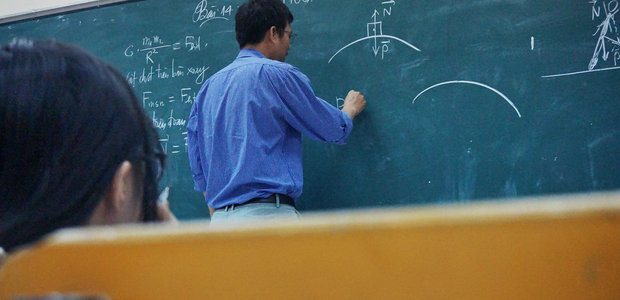Arnab K. Basu on differential health reporting error amongst older adults in India
Arnab K. Basu will present at the WIDER Seminar Series on 24 August 2022.
Differential health reporting error amongst older adults in India
Abstract
Leveraging a unique dataset – the Longitudinal Ageing Study in India (LASI) – we study the disparities in health reporting by education and various other demographic and socio-economic gradients for adults aged 45 or older. Focusing on three dimensions of health: hypertension, physical activity and mental depression, we construct three dichotomous measures of reporting error: (i) accuracy (whether the objective measurement matches the self-report or not), (ii) false negative (when the self-report indicates absence but the objective measurement indicates otherwise) and (iii) false positive (when the self-report indicates presence but the objective measurement indicates otherwise) to analyze how disparities in health reporting are associated with various control variables. With respect to education, specifically, we find that no schooling and less than middle school education is associated with lower accuracy in health reporting (on all three health dimensions) as compared to those with middle or high school education. This pattern remains true (with larger point estimates) when we add different control variables such as earnings, health care utilization and caste. False negative and false positive reporting are both significant for those with no education but only for hypertension and physical activity. For mental depression, we find significant false negative reporting across all education categories.
About the speaker
Arnab K. Basu is Professor at the Charles H. Dyson School of Applied Economics and Management, Cornell University. His main research interests are in the areas of labor markets in development countries, the economics of eco-and social labeling, and field experiments to elicit behavioral preferences. Within labor markets, Arnab's research spans topics on the informal sector, minimum wage and enforcement, labor contracts, employment guarantee schemes, child labor, and human trafficking. His recent research involves the design (in Colombia and Cote d’Ivoire) and evaluation (in Ethiopia and Vietnam) of field experiments to study how behavioral preferences affect production decisions, household labor supply, human capital investments and labor mobility. He is also involved in several projects that are India-specific, viz., the link between indoor air pollution and child mortality, differential health reporting error amongst older adults and the effect of Kerala’s partial alcohol ban on intimate partner violence. Arnab is a research fellow at the Institute of Labor Economics (IZA) in Bonn, Germany, and a fellow of the Global Labor Organization (GLO). He was awarded a research fellowship from the Alexander von Humboldt Foundation in Germany and is a recipient of the Theodore W. Schultz Young Economist Prize awarded by the International Association of Agricultural Economists (IAAE). He is an Associate Editor for the Journal of Economic Policy Reform and an Academic Editor for the Public Library of Science journal, PLoS ONE. Arnab holds a Ph.D in Economics from the Johns Hopkins University and a M.A in Economics from the Delhi School of Economics.
WIDER Seminar Series
The WIDER Seminar Series showcases the latest research on key topics in development economics. It provides a forum for senior and early-career researchers, both in-house and external, to present recent and ongoing work related to UNU-WIDER’s current work programme.
In addition to providing a forum for both academic debate and training, the series presents an opportunity for policy makers and others interested in development to learn about the latest research methods and findings.
The Seminar Series events take place on Wednesdays. All those interested are invited to register and attend via Zoom.
 Join the network
Join the network